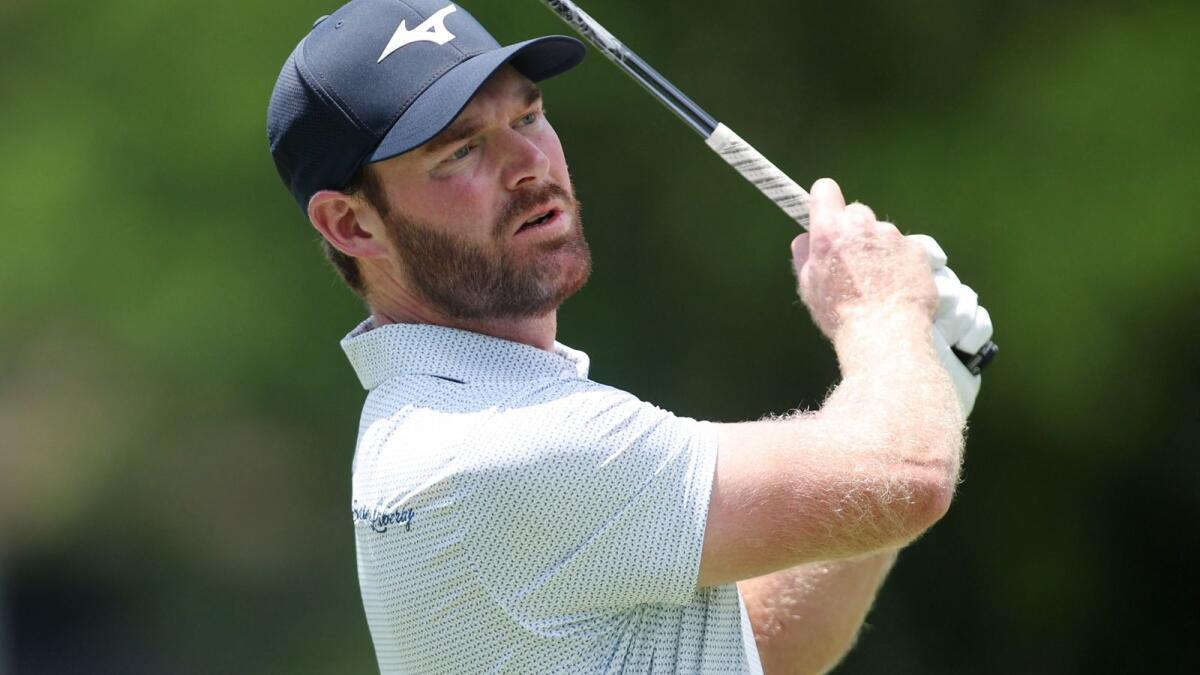Grayson Murray, a two-time PGA Tour winner, tragically took his own life at the age of 30, as announced by his parents on Sunday. The news came just a day after he withdrew from the Charles Schwab Challenge in Fort Worth, Texas. The PGA Tour debated postponing play in light of Murray’s passing, but ultimately decided to continue the tournament as his parents requested. Murray’s parents expressed gratitude for the support they received from the golf community during this difficult time. Despite the challenges Murray faced in his life, his parents believe he is now at peace.
Murray began his professional career in 2015 and achieved his first PGA Tour victory in 2017. His success led to a career-high world ranking of 46th after winning the Sony Open in Hawaii earlier this year. The golf world has been shocked by the news of Murray’s untimely death, with many expressing their condolences and remembering his contributions to the sport. The tragic incident serves as a reminder of the importance of mental health and the need for support and resources for those who may be struggling. Murray’s passing has sparked conversations about the pressures and mental health challenges faced by professional athletes.
As the golf community mourns the loss of Grayson Murray, there is a growing awareness of the mental health struggles that can impact athletes at all levels. The PGA Tour has emphasized the importance of providing resources and support for players who may be facing mental health challenges. Murray’s parents’ statement highlights the struggles their son faced and the impact it had on his life. The outpouring of support from the golf world demonstrates the tight-knit community and the compassion that exists within it. Moving forward, there is a greater emphasis on destigmatizing mental health issues and promoting open conversations around the topic.
The tragic death of Grayson Murray serves as a reminder of the importance of mental health awareness and support. As the golf world grapples with the loss of one of its own, there is a renewed commitment to addressing the mental health challenges that athletes may face. The PGA Tour’s decision to continue the tournament following Murray’s death highlights the resilience of the sport and the unity of the golf community. The conversation around mental health in sports is evolving, with more emphasis on providing resources and support for athletes in need. The legacy of Grayson Murray will live on as a catalyst for change and a reminder of the importance of mental health in sports.









